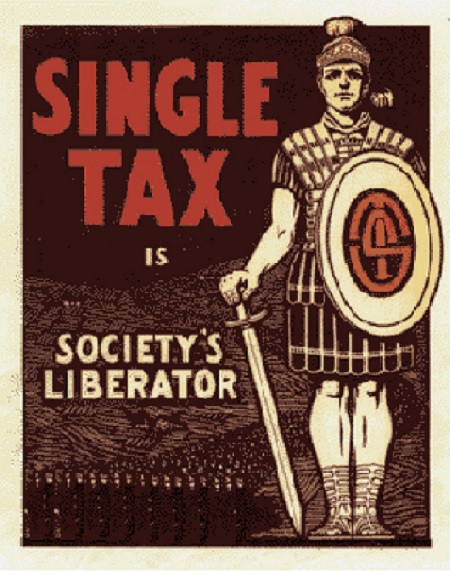

- Debate Topic -
Singles Taxation Policy Should be Legislated in Korea.
PRO
Yoo Jiyeon /
Department of Physical Education '12
Today, there are an increasing number of nuclear families and a decreasing number of extended families. Also, in these days, men and women prefer to live alone. Koreans call these men and women Singlejok (the generation of single people). Increasing numbers in Singlejok suggest a singles tax is necessary.
Because of them, Korea’s birthrate is low. According to the National Assembly Research Service in 2013, Demographic Changes Policy Implications forecast the population of Seoul to be 4.364 million in 2050 and only 2.149 million in 2100, which is half of the present 2013 population. Also, it predicts the population of employable people will decline by about 30%. As the report indicates, the population rate of young people and the elderly will be abysmal if the present low birthrate continues. This phenomenon will interfere with the welfare system, which uses money conducted by taxes. As part of the nation, single people are responsible for the welfare system problem and should pay a singles tax. A childless person has no childcare expenses, so the person has much less economic burden. Therefore, considering social equity, the government should collect a singles tax. The singles tax collection could be used for welfare programmes that make society fair across peoples. Indeed, a singles tax could result in an uproar from young men and women, but to avoid the tax, they would just need to get married and have child. A number of economists state that a singles tax would encourage childbirth and resolve society problems.
In my opinion, levying a singles tax is the best solution for the low birthrate. Even if there opposition exists, we should support a singles tax policy.
CON
Baek Huijeong /
School of Communication & Media '10
Singles tax has become a topic of conversation lately. Some argue that a singles tax would encourage childbirth and as such should be introduced. However, I do not agree with a single tax because of an individual has the freedom to choose, various side effects, and economic problems.
First, marriage is not an obligation but only a social custom. That is, marriage is a promise made out of love between a man and a woman. Therefore, people have right to marry when they wish to do so. Indeed, incentives are needed to promote childbirth, but taxing single people do not help the result get better.
Second, a singles tax can bring about tragic side effects. If a singles tax is enforced, it can force people into undesirable marriages simply to avoid the tax. This type of marriage is problematic, and it will result in an increasing decline in the child birthrate because it is a marriage of convenience, nothing else. In other words, the policy produces completely opposite results from its original intent.
Finally, I disagree with introducing a singles tax due to economic problems. Today, men and women of optimal age often put off marriage due to finances. For example, there are high initial costs to marrying like the wedding cost, a home, high household costs to raise a family, basic living expenses, and later childcare expenses. The high costs are a huge burden, so asking single people to pay higher and more taxes will surely lead to more severe situation.
As a result, introducing a singles tax may be the government’s attempt to raise the birthrate, but I feel the government needs to seek a more practical and realistic policy.


